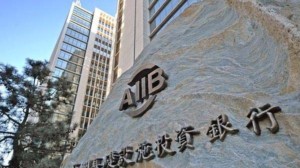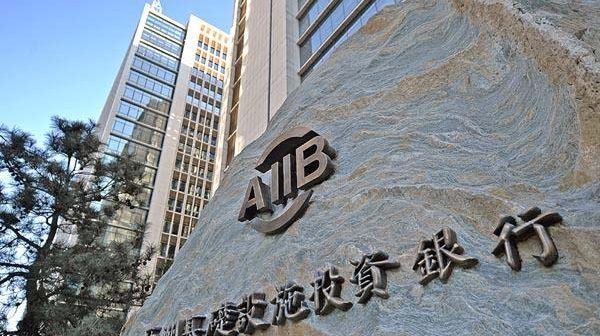 NEW DELHI: Asian Infrastructure Investment Bank (AIIB) President Jin Liqun has said the Belt and Road Initiative of the Chinese government is for shared benefit and not something which is being ‘imposed on any other country’.
NEW DELHI: Asian Infrastructure Investment Bank (AIIB) President Jin Liqun has said the Belt and Road Initiative of the Chinese government is for shared benefit and not something which is being ‘imposed on any other country’.
Observing that AIIB and the BRI are two initiatives of the Chinese government, Jin said they will have positive impact on the development of region.
“AIIB is a multilateral developmental institution which operates by international standards and the Belt and Road Initiative (BRI) is actually a platform inviting all countries to participate…India actually has huge potential of developing connectivity with neighboring countries and thereby having positive impact on development,” he said in an interview to PTI.
Jin further said the BRI is an initiative of Chinese President Xi Jinping and based on broad consultation and shared benefit, and “not something imposed on any other country”.
India has strong reservation over the China-Pakistan Economic Corridor (CPEC), a flagship project of China’s Belt and the Road Initiative.
The USD 50 billion CPEC project passes through Pakistan- occupied Kashmir (PoK) over which India has conveyed its protests to China. The area covers Karakoram mountain ranges, including the Siachen glacier.
India’s worries over the 3,000-km long CPEC project connecting Pakistan’s deep-water port Gwadar and China’s Xinjiang stem from the fact that Gwadar, which was taken over by the Chinese, will become a future naval base.
The Gwadar port across the waters from Mumbai’s port, housing the Indian Navy s western naval command, provides a berth for China in the Arabian Sea and to the Indian Ocean.
As of December 31, 2017, Beijing headquartered, AIIB’s board has approved 24 projects with a total amount of USD 4.23 billion in 14 member countries, including up to USD 1.07 billion in funding of five projects in India.
India is the second largest shareholder in AIIB and the country has been playing very important role in running the multilateral bank.
India holds 7.74 per cent equity in the multilateral bank, next only to China (29.9 per cent). -PTI






